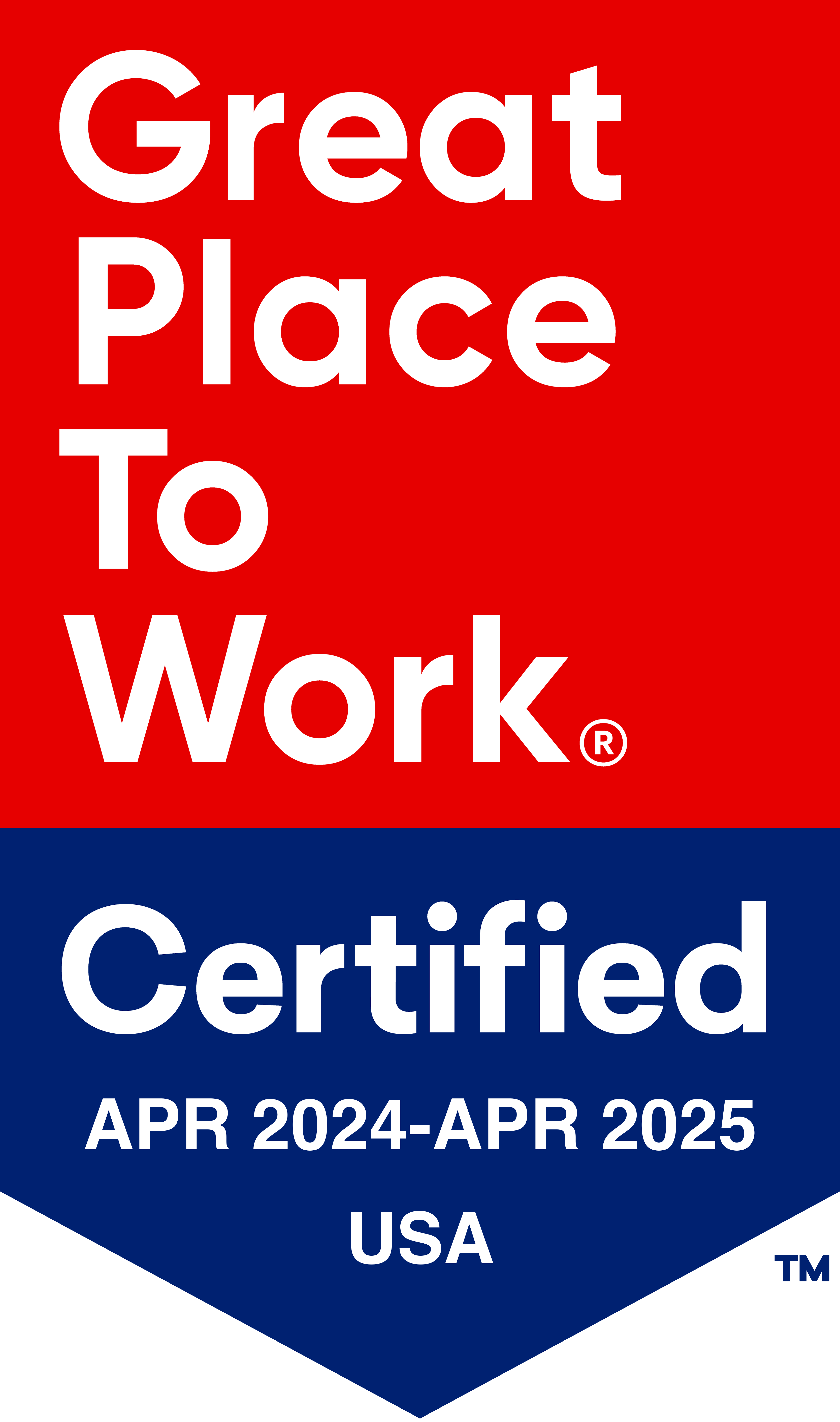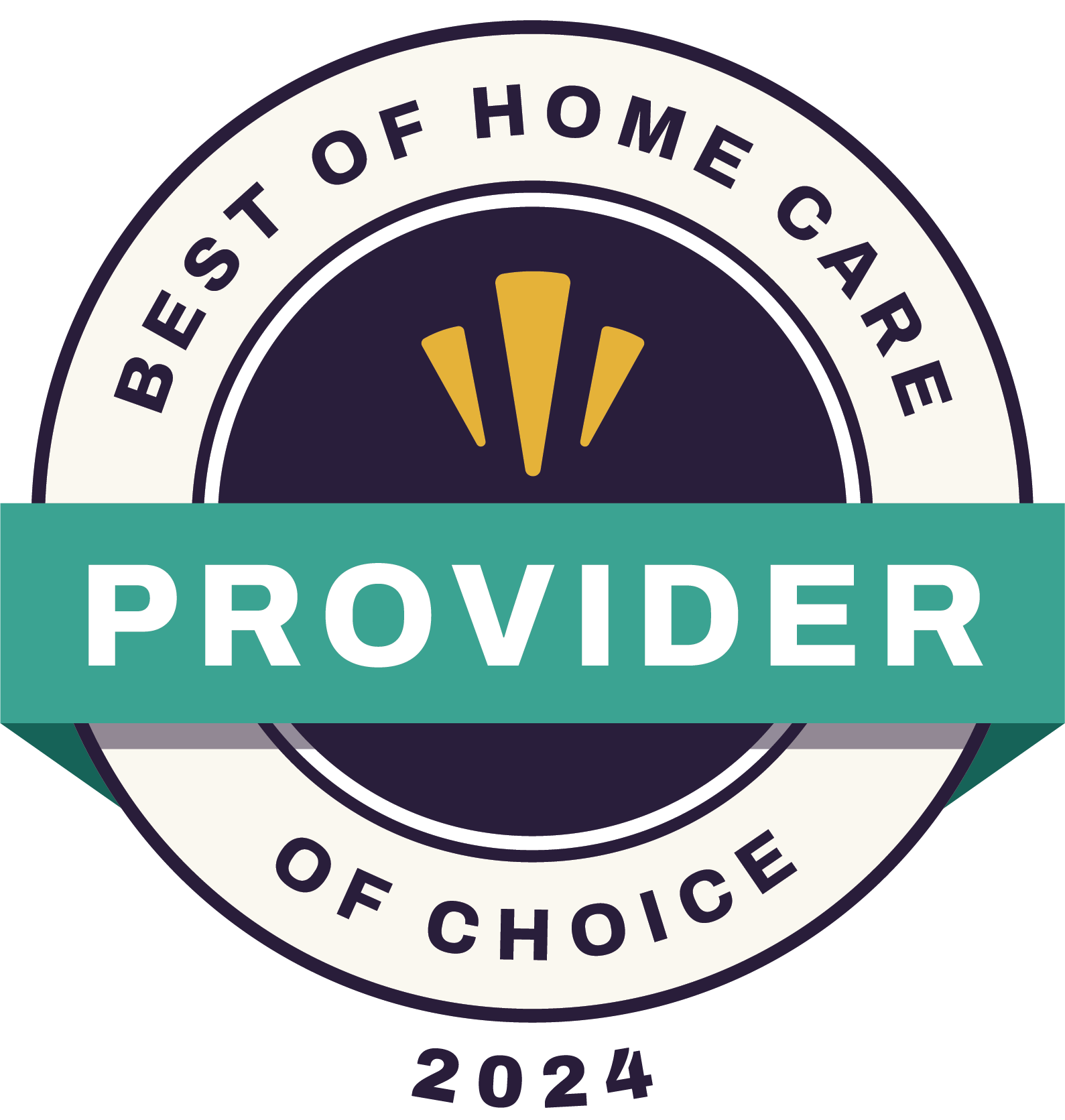Home Health Aide Careers: Embarking on a Fulfilling Journey
Over the years, America's aging population has multiplied and is projected to grow even more. There has also been a shift from institutional care settings, with most seniors preferring aging in place instead. This has led to a growing demand for home health aides. According to the U.S. Bureau of Labor Statistics, employment for home and personal care aides is projected to grow by 22% between 2022 and 2032, from 3.7 million to 4.5 million. There are estimated to be 684,600 openings annually for health and personal care aides. If you plan to become a home health aide, this can be a rewarding and fulfilling career move. In this guide, we discuss the basics of a home health aide career. This includes training requirements, career growth opportunities, and the emotional benefits of being a caregiver.
Home Health Aide Training: Requirements and Options
As a caregiver, you're expected to provide superior and comprehensive care to seniors and persons with disabilities and chronic illnesses. Even though you mainly offer non-medical services such as personal care, meal preparation, housekeeping, emotional support or medical assistance under the supervision of licensed nurses, you may need to complete training and competency evaluations.
Depending on where you intend to work (within New York or outside), the minimum requirements may vary from one state to the other. Generally, some positions require a high school diploma or equivalent, while others do not. However, you need to complete formal training if working in certified home health and hospice agencies. The training may major in areas such as housekeeping tasks, basic safety techniques, recording vital signs, basic nutrition and infection control as required for state certification.
In New York, training programs are designed to prepare you to provide safe care. You must meet the New York State Education Department (NYSED) training and competency evaluation requirements. Usually, the training is offered by an approved Home Health Aide Training Program or Personal Care Aide Training Program. Before commencing the training, the program's provider assesses your prior experience or training to determine the appropriate certification required.
Personal Care Aide Training Programs provide a minimum of 40-hour training. While the Home Health Aide Training Programs should offer a minimum of 75 hours. Upon successful completion of the training program, the provider issues you a certificate. You also become registered on the New York State Home Care Registry. If caring for seniors, you must also be conversant with electronic visit verification (EVV) technology for accurate reporting of services to Medicaid.
Career Growth and Opportunities for HHAs
If you plan to grow your profession beyond caregiving, there are exciting career advancement opportunities you can explore. You can get additional certifications and training to become a:
- Skilled care provider
- Therapist
- Certified nursing assistant
- Registered nurse
- Licensed practical nurse.
The Emotional Rewards of Being a Caregiver
Caregiving can be challenging at times, but the emotional and physical benefits surpass the downsides. Most caregivers attest that caregiving is a positive experience that yields numerous benefits, including:
- Emotional satisfaction: People who care for their family members are especially happy with the satisfaction they receive by giving back to someone who cared for them. Knowing you're making a difference in the life of someone else can also be satisfying whether they're related to you or not.
- Improved mental health: Caregivers who derive satisfaction from caring for others tend to have better mental health. Caregiving allows you to connect with people, which is good for your mental and emotional well-being.
- Enhanced sense of purpose: Caring for someone who relies on you to help meet their needs to lead a quality life can provide a high sense of purpose.
- Better focus: Caregiving, especially for a chronically ill or disabled person, can impact your life perspective. The experience of caring for a needy person can give you a renewed and better focus on life.
Making a Difference: Success Stories of HHAs
Many caregivers are truly delighted by their careers. For instance, Ramota Montague, one of our caregivers, says that though the job requires patience and hard work, she enjoys it immensely. Another caregiver, Belki Quinones De Garcia, says she derives satisfaction from caregiving, knowing the difference she makes in her client's life. Sherline Civil, yet another Brooklyn, NY caregiver, has positive sentiments about her role. She says she loves the fact that there are people who benefit from her job.
Explore Our Home Health Aide Training Programs and Begin Your Journey
If you're ready to start actualizing your dream as a home health aide, we hope the information we have shared has shed more light on what the career is all about. We welcome you to explore our training programs at Elite Home Health Care and begin the journey right. Contact us today to get started.
Written by: Leah Ganz
Leah Ganz, RN, BSN is the Director of Patient Services at Elite Home Health Care. She has an extensive background in homecare and previously worked in various specialties including pediatrics, pain managemnet and internal medicine. She oversees allpatient services across Elite's departments.



